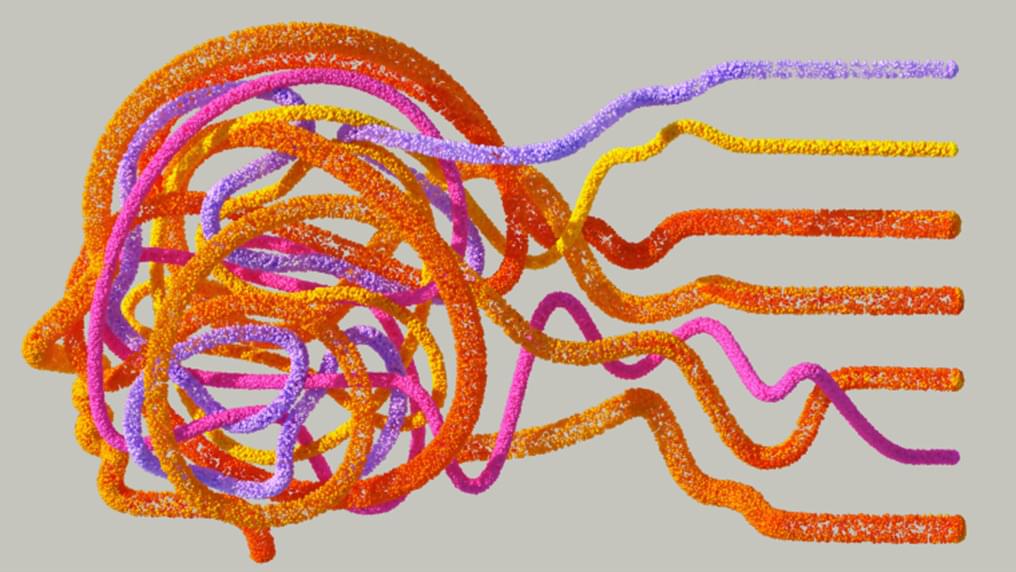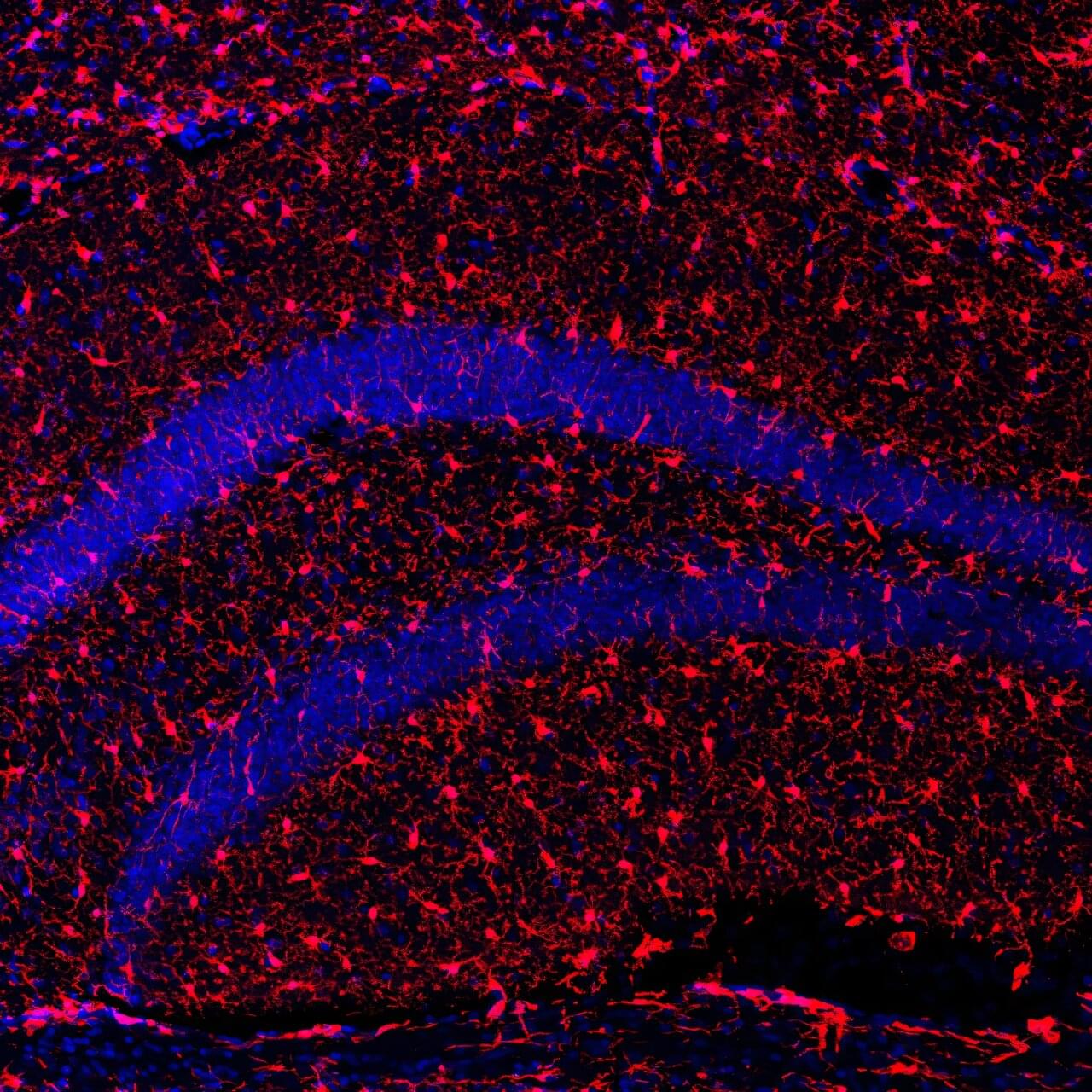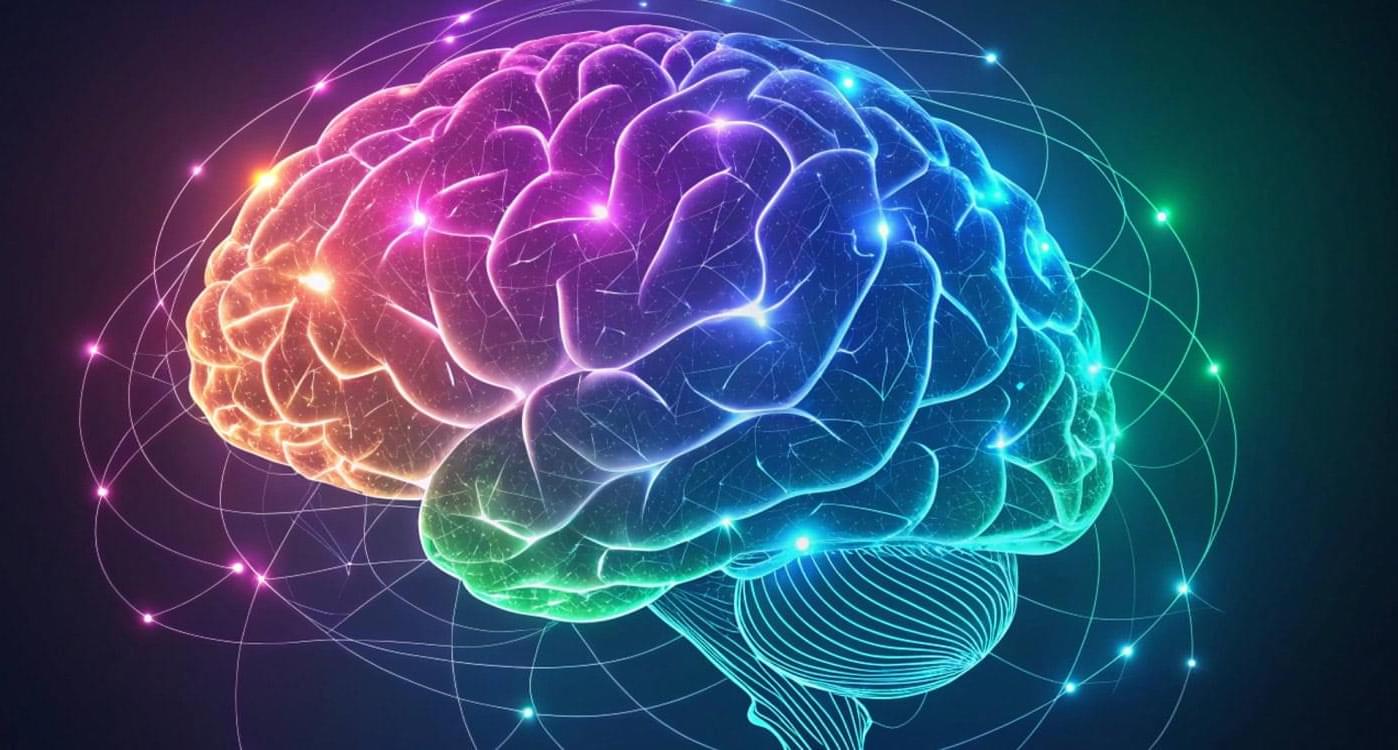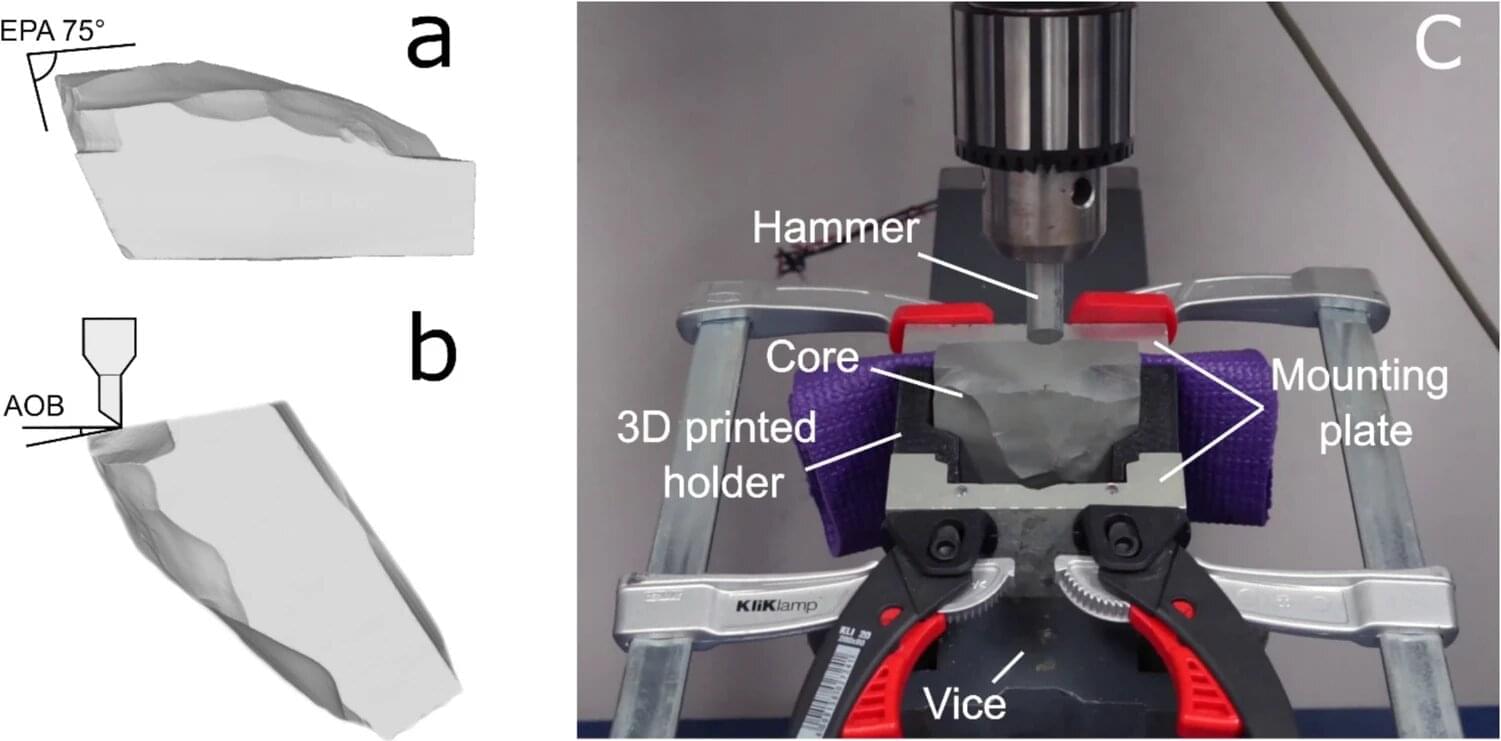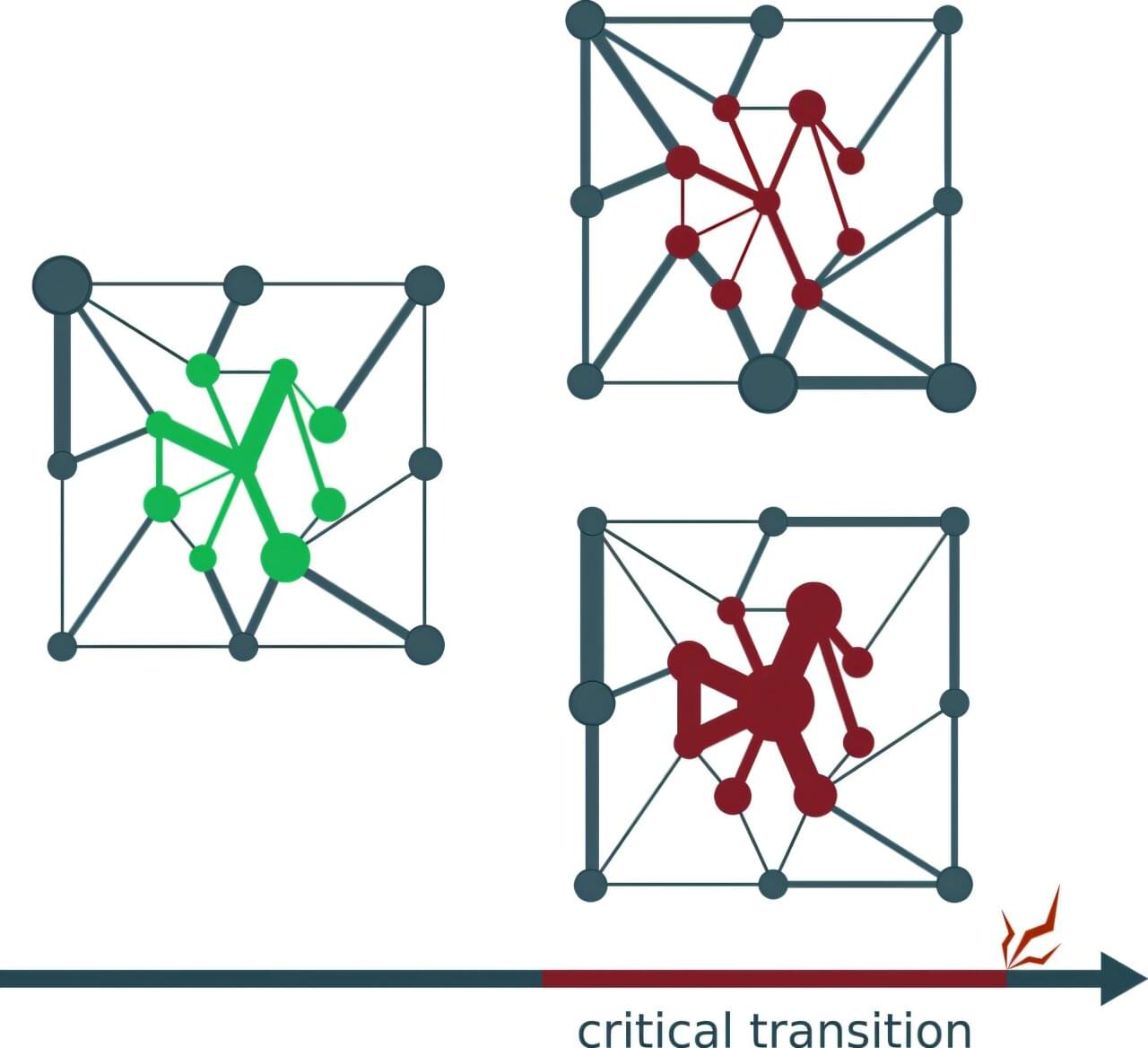For centuries, the nature of consciousness has baffled scientists and philosophers alike. What transforms neural activity into the rich, subjective experience of seeing a face, hearing a melody, or feeling the warmth of the sun?
The Cogitate Consortium, a group of researchers from across the globe, including Professor Ole Jensen from Oxford University’s departments of Experimental Psychology and Psychiatry, set out to change that. The consortium brought together the proponents of two influential theories of consciousness—Global Neuronal Workspace Theory (GNWT), led by Stanislas Dehaene, and Integrated Information Theory (IIT), proposed by Giulio Tononi—for a rigorous empirical test.
Their adversarial collaboration, a model of scientific inquiry famously advocated for by Nobel laureate Daniel Kahneman over 20 years ago, represents a fundamental shift in how science can be done. Rather than seeking to confirm pre-existing beliefs, the experiment was designed such that all predictions, methods, and interpretations were registered in advance, eliminating post-hoc rationalisations.
